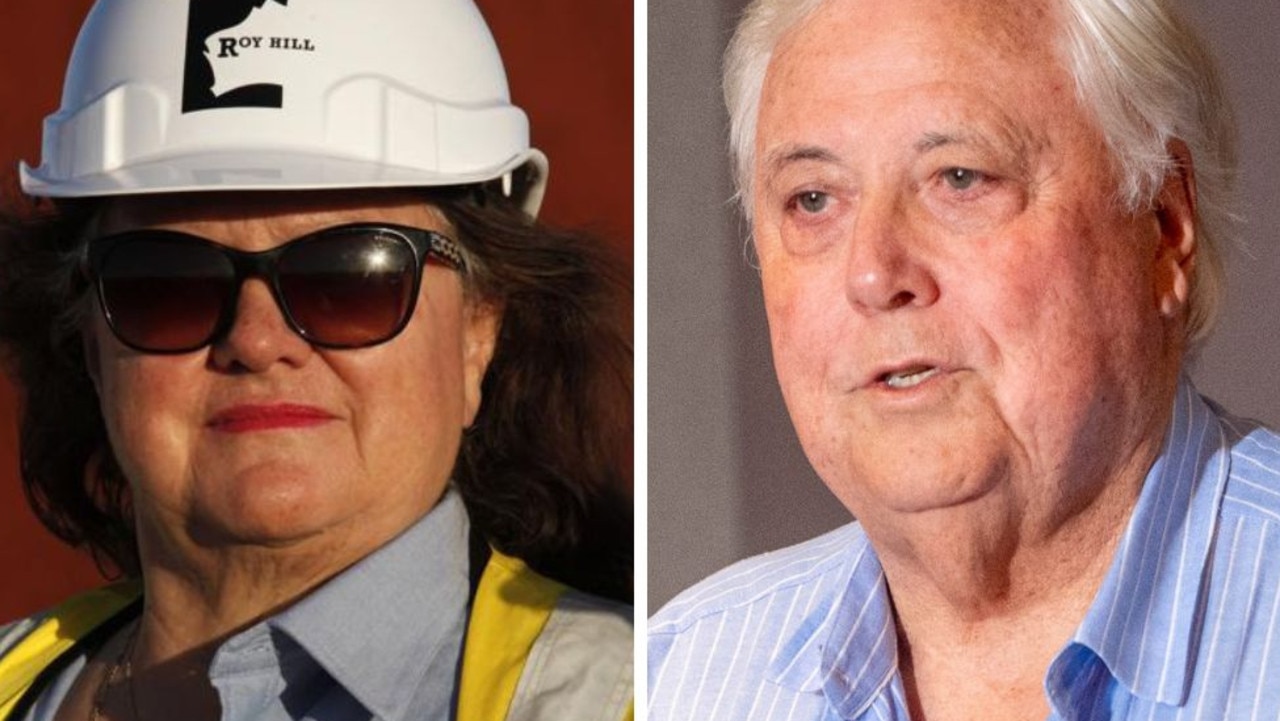The worrying trend that's sweeping through the halls of power in Canberra
There’s a worrying trend sweeping federal politics and unless the “quiet Australians” act soon, we could all be doomed.
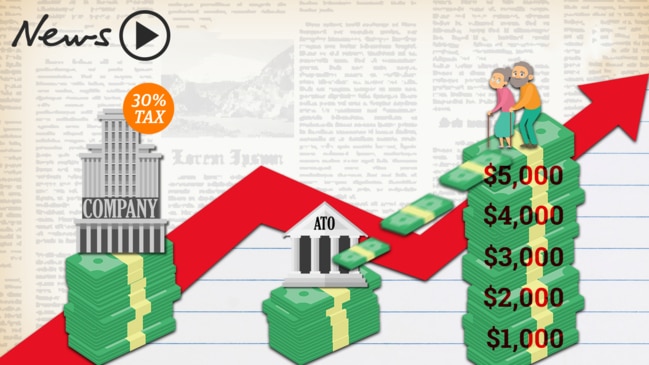
OPINION
Given the current makeup of our (so called) House of Representatives, the 11th biblical plague should have been named the plague of the “professional politician”.
Yes, Canberra is officially broken.
As the dust settles on the 2019 Federal election, we voters are seemingly more and more disappointed, distanced and disconnected from our politicians in Canberra.
This is partly due to the fact that the people currently representing us are no longer actually representative of the populace they serve.
The figures are troubling.
In the last parliament, almost half of all Coalition MPs had worked in politics before being elected. Labor’s figure was even higher — 55 per cent of their MPs were former staffers, advisers or electorate officers.
Having a percentage of former staffers working in parliament can enhance the way government functions, however when it becomes more than half the chamber, we should all be worried.
And what are the numbers now, after the results of this year’s federal election?
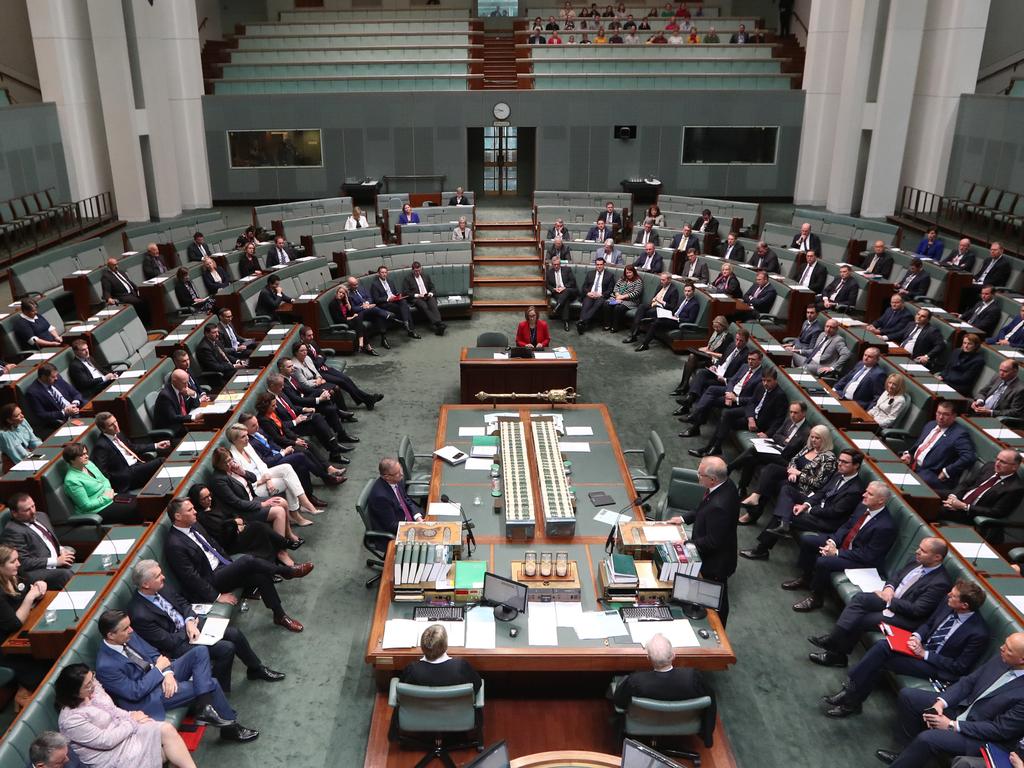
There are now 26 new MPs in Canberra — 7 Labor, 18 Conservative and 1 Independent.
Looking at the Labor side of the ledger, a whopping 71 per cent of these new MPs are former staffers and advisers.
The Conservatives have a slightly more respectful 22 per cent of new MPs coming from the political class.
In the Senate, the results are even more stark. Almost every new Labor Senator has been an ex-staffer, adviser or union official and over 50 per cent of the new Conservative Senate bench are “career politicians”.
The net result is that the 2019 election has increased the number of professional politicians in our Canberra parliamentary circle to plague proportions.
It appears that the days when a teacher, nurse, bus driver or business owner could represent us in parliament are gone. Instead, it now seems that the only path to political success is through political patronage. And the question must be asked — is a lack of non-political life experience negatively changing our politics?
One consequence is that a modern MP’s levels of personal experience, skills, understanding and networks that exist outside of politics are vastly diminished.
If you run your own business or work in sales you need to be familiar with running a balance sheet, know how to identify your target market, be able to communicate with people (even those you don’t agree with) and be able to convince others about the merits of your product.
A teacher, nurse or doctor must possess not only expertise, but also compassion, empathy and understanding. In all three examples your pay cheque is dependent on you doing a good job, not appeasing a political master.
If you have spent your life in the political class, the echo chamber around you is continually growing — you are surrounded by people who think just like you.
And those who have never had to sell anything, convince anyone or even work for an hourly rate to make a living will have a different worldview to the majority of the “quiet Australians” that politicians are so desperate to woo.
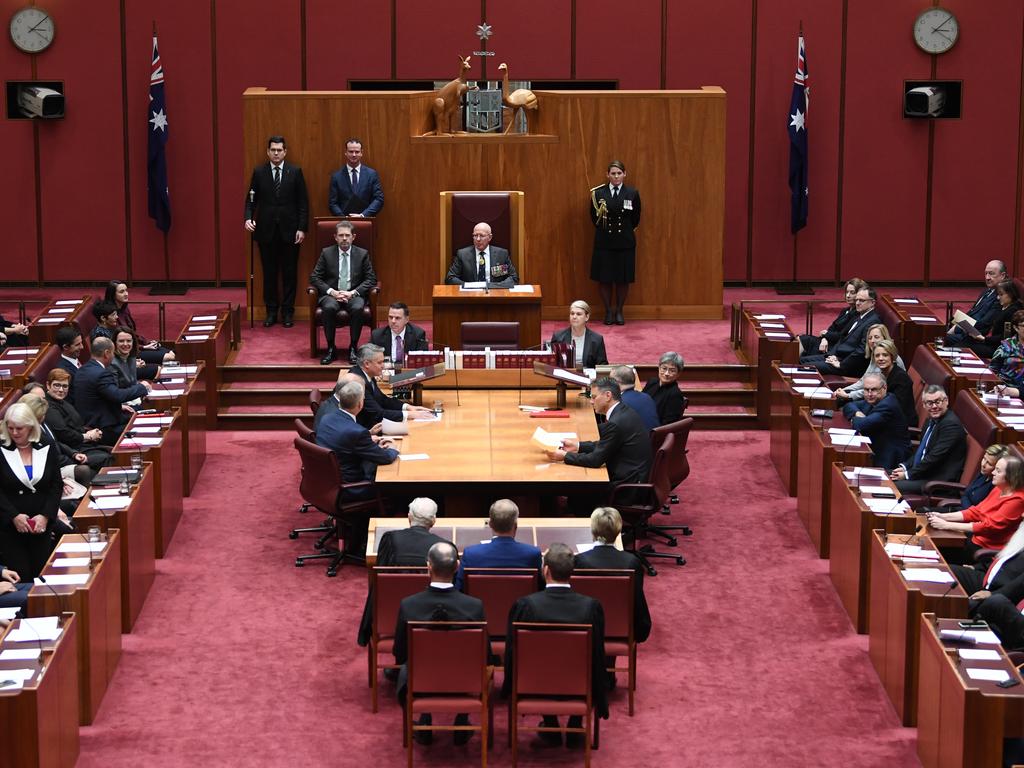
If your only colleagues come from the political class, doing a quick pub test on a new policy or running an idea past a friend you once worked with no longer happens — you simply don’t ever get a different viewpoint.
This isn’t a good thing. It brings a palpable detachment that I believe is causing a loss of faith in politics, no matter which side you support.
Statistically speaking, if you work as a teacher, doctor, train driver, IT consultant or in any number of other valued professions, there is no longer a clear pathway to politics.
For those passionate about an idea — whether it is free speech, education, defence or religion — there is no longer a viable avenue for you to represent your country or to serve your community in civic office.
The results of this have become clear. It has had a definite impact on the quality of our debate, and ultimately on the standard of our leaders.
Let’s look at a policy example. Notwithstanding the merits (or otherwise) of the “franking credit” policy Labor took to the last election, the policy itself would have been reviewed by a large team of Shadow ministers, staffers and advisers before it was announced.
Yet less than a few hours after the original announcement was made, a little-known political backflip occurred — that being that philanthropic foundations and charities would now be exempt from the proposal.
This backflip clearly illustrates the impact of the rise of the political class.
How so? Because if any staffer, adviser, member or senator involved with the policy had ever worked for a philanthropic organisation or charity, they would have been well aware of the impacts of franking credits on the philanthropy sector and adjusted the policy before it was announced.
A person with minimal experience with charities would have quickly picked up on the error. Yet no one did.
If you spend every moment of your life around people who agree with your views, it is like a social media bubble on steroids — you won’t ever engage with different opinions or new ideas.
This is occurring on both sides of parliament with higher and higher frequency and if we make no room for people who have life experience outside of politics, the resulting outcomes and policy is the poorer for it.
When every person in the room is from the political class, thought bubbles among like-minded friends on a Friday night can be transformed into policy that will affect millions of Australians by Monday morning.
A plague of any kind is almost impossible to stop once it has begun. Like the proverbial field of locusts, it is in the best interests of the “professional politician” to keep going, even if it results in the destruction of the landscape.
The Health Department’s advice on plague prevention is “use repellent and avoid direct contact with infected animals”. The Australian public certainly seems to be following the “avoid contact” advice — if only we could find an easy remedy for the rest of our political problem.
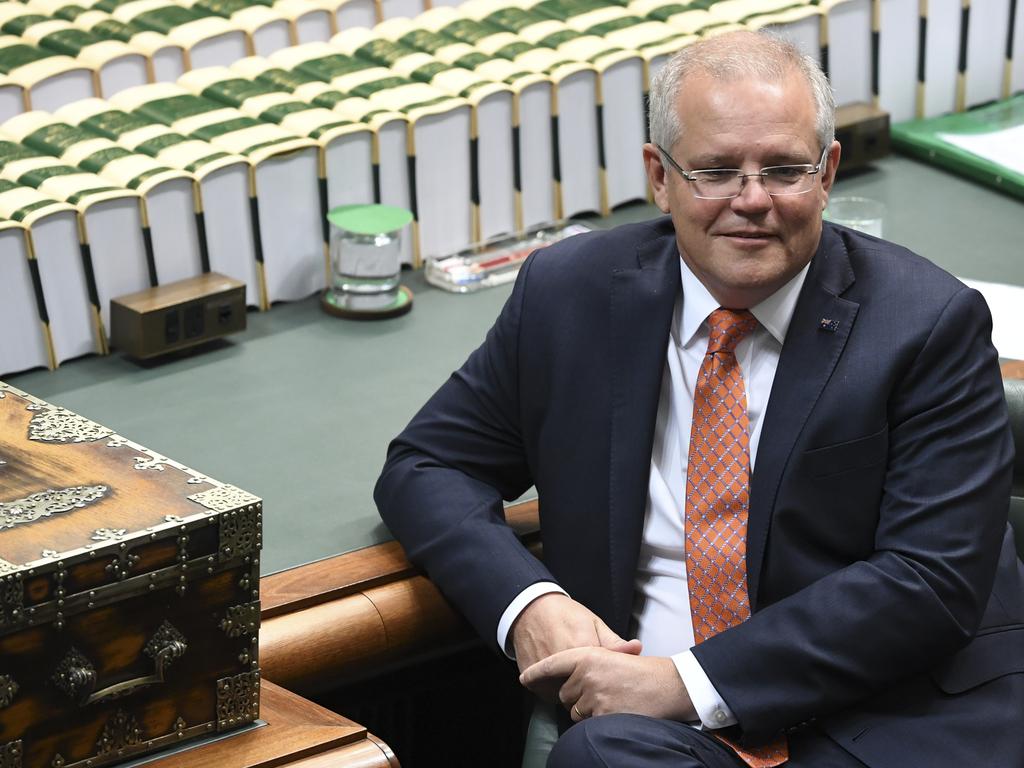
Neil Pharaoh was the Former National co-convener of Rainbow Labor and twice Victorian Labor Candidate for Prahran. Continue the conversation @neilpharaoh



